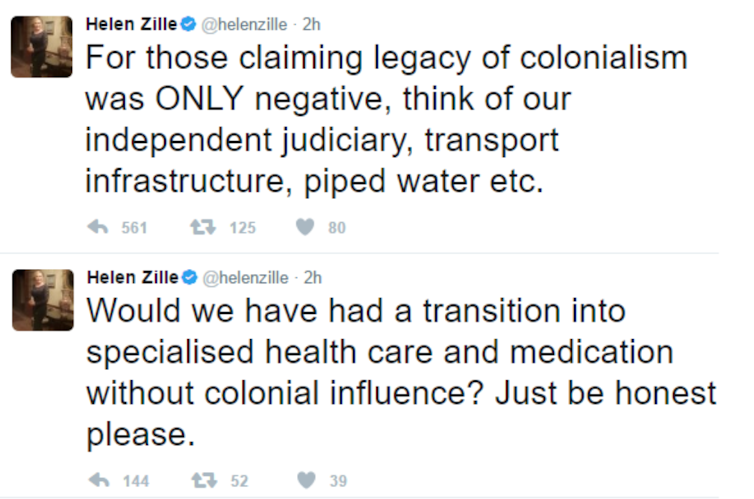 |
South Africa’s police face many civil claims by crime victims. Shutterstock/Arisha Ray Singh |
South Africa is plagued by crime. Violent crime, in particular, has reached epidemic proportions. The country has some of the world’s highest murder, assault and rape rates. So how does – or how should – the law respond to this problem?
One option would be to try to prevent crime from taking place in future. But available crime statistics for the last decade suggest that without a major overhaul of policing and the introduction of coordinated social responses to fighting crime this is unlikely to happen.
Another possibility, then, is to ask: now that crime has already taken place, how does the law help victims? Criminal law provides a pathway to punishment. Some victims, though, want compensation for their harm. They must rely on civil law, also known as the law of delict. This is the branch of the law that deals with the compensation of harm caused wrongfully and culpably by others.
South Africa’s legal position when it comes to crime victim compensation is unsatisfactory. In my doctoral dissertation I sought to establish whether creating a compensation fund for crime victims could be justified. I also wanted to know whether such a fund would be appropriate in the South African legal context.
I examined the current legal position and also considered the experiences of legal systems that have already introduced statutory compensation funds, such as the UK and the Netherlands. In principle, I found that providing a similar form of statutory relief for crime victims would be justified in South Africa.
The status quo
As in most other jurisdictions, crime victims in South Africa generally don’t institute civil claims against the actual perpetrators of crimes. This is because criminals are almost never in a financial position to compensate.
This has prompted a development of South African law that has produced, among other things, unwarranted financial consequences. Essentially because perpetrators cannot compensate them, crime victims have argued that the state – typically the Minister of Police – should be held vicariously liable. In these cases it’s argued that state employees (mostly police officers) culpably and wrongly caused victims’ harm, either by action or inaction. There’s also more chance of receiving compensation in a civil case against the state, since it has deeper pockets than most perpetrators.
This strategy has been remarkably successful. It has led to the considerable expansion of the state’s liability for harm arising from crime. Claims against the police and the value of these claims have risen exponentially in the last decade. This widened liability is reflected in a report that sets out the scope and impact of the significant rise in civil claims against the South African Police Service.
And, in 2017, the parliamentary portfolio committee for police indicated that the civil claims instituted against the Minister of Police in the 2015/2016 financial year amounted to R14,6 billion.
The committee warned that this high number could lead to 3000 police officials being retrenched between 2017 and 2019. This means that increased litigation and the resulting increase in state liability could actually decrease the police’s ability to prevent crime. South Africa’s law of delict therefore appears to be caught in a vicious cycle of ever-expanding state delictual liability for harm arising from crime.
Given these costs and their implications, it may be sensible to consider whether there is an alternative way of securing compensation for crime victims. One possibility would be a crime victim compensation scheme. This would involve drawing up new legislation around the law of delict.
Typically, these schemes are funded by taxpayers and take over the primary responsibility of compensating crime victims.
A justified step
Such a large-scale legislative reform of the law of delict would require justification. When the South African Law Reform Commission investigated the possibility of establishing a fund in 2004, it said:
developing a motivation for the establishment of a [statutory compensation fund] in South Africa remains incomplete, and must be completed if legislation is to be drafted, since no law should be passed without its objectives being clearly defined and costed.
It would also necessitate an affordability analysis: can South Africa afford to put such a system in place, and what would it cost?
Bernard Wessels, Lecturer in Private Law, Stellenbosch University
This article was originally published on The Conversation.





